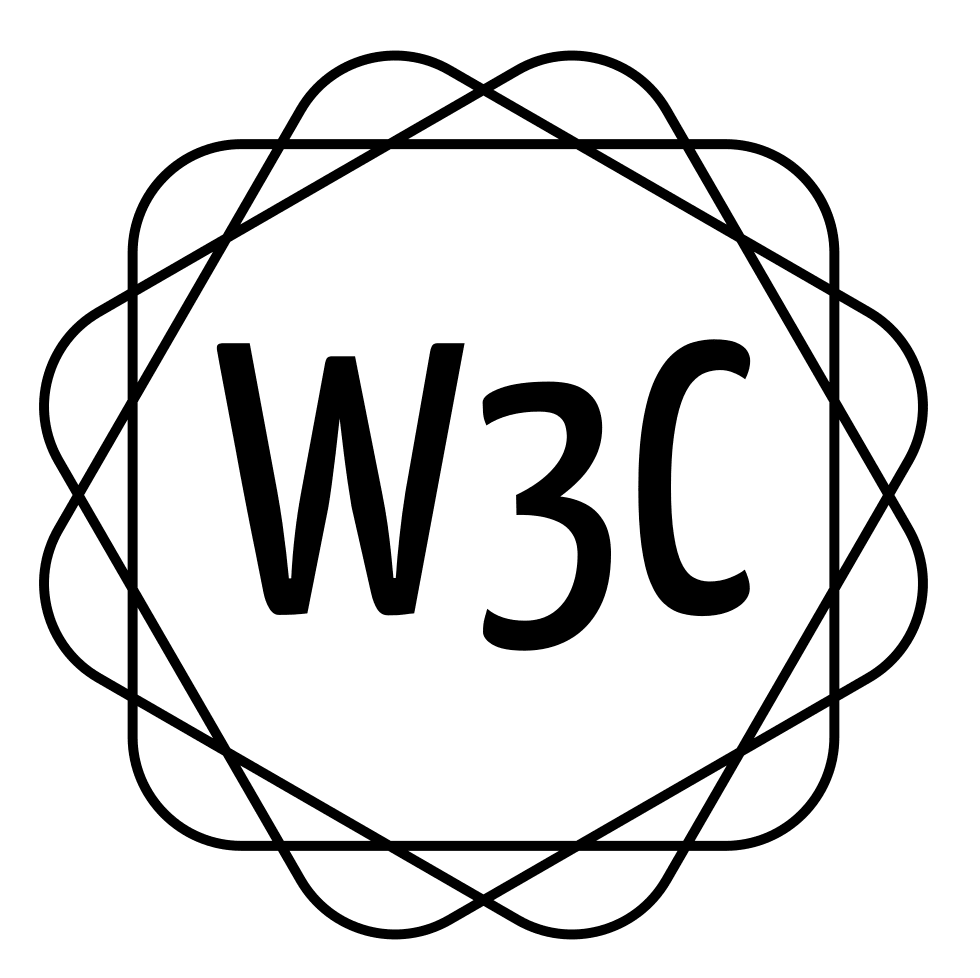Index
ToggleBeyond cryptocurrency, Blockchain revolutionizing the fintech foundations. The recent issues concerning FTX and Binance, and as it ripples out to other exchanges, aren’t a blockchain problem nor a cryptocurrency matter. Rather these problems originated from human decisions, decisions from people holding strategic roles in those exchanges, and blaming it on blockchain simply is unfounded. Away from the mess cryptocurrency is currently in, blockchain has many applications outside of cryptocurrency. As much as it has opened so many avenues across multiple traditional industries in the recent past, it also provided quite a good leverage for the emerging ones, like that of the Finance Technology or so-called FinTech industry composed of main remittance and transactional business models.
Experts expect blockchain to grow to USD. 67 Billion in market value by the year 2026, a surprising double-digit CAGR of 68.4% starting from the year 2021 at USD. 4.9 Billion. Why was this the case despite some media-bloated incidents concerning the exchanges? One of the reasons for the resilient growth is the warming acceptance of several crucial industries to the benefits of blockchains in several use cases that solves real-world concerns. Aside from the growing investment flows into blockchain-related or centred projects and ventures, the application of it in banking and cybersecurity use cases is among the notable turning points that made the concept more mature and market-ready. In this article, we will be zooming in on blockchain technology in FinTech and real use-cases driving real value into these businesses.
IBM World Wire and Stellar: Revolutionizing Real-Time International Payments
Use Case 1: Real-Time International Payment
Company: IBM
Brands: World Wire and Stellar
Reach 47 currencies in 72 countries and 44 banking system endpoints
World Wire is a product of IBM designed to facilitate real-time international payment utilizing the Stellar protocol. This blockchain backbone utilizes stablecoin, a central bank’s digital currency (CBDC) or another similar digital instrument that will function as the connection body between traditional currencies like Yen, Euro or any other common currencies involved in the wire transfer. The introduction of the stablecoin or digital asset simplifies the entire journey while adding more equity and transparency, interfacing with future audits. The beauty about this is that any entity, a private institution or a remittance company will not need sophisticated software to transact. These entities can use their incumbent payment system and connect it to IBM World Wire via an API. And Yes, since this is blockchain, all transactions are stored on the blockchain, further helping out future audits and reviews.
BelVeb’s Finstore: Pioneering the Tokenization of Corporate Bonds
Use Case 2: Tokenization of Corporate Bonds
Company: BelVeb (Belarusian Bank)
Brand/s: Finstore
Finstore is an online platform that offers or Sells ICOs, coincidentally, Finstore is also owned by Belveb Bank in Belarus. The BelVeb Bank use case of Finstore is to tokenize Corporate Bonds issued by enterprise clients which BelVeb Bank underwrites for and serves as a market maker. In this system, leveraging the decentralized and accelerated features of blockchain proves to be a good decision for the bank. Now retail investors can purchase or invest in corporate bonds openly, faster, and with more access. Individual investors can start buying these corporate bonds (tokenized) for as low as USD. 100.00. The tokenization process utilizes stablecoin that anchors the token issued into the corporate bond. The corporate bond carries the intrinsic value of the token. The annual income rate of interest usually starts around 5.5% which is higher than your usual traditional bonds. The same tokenized bond also enjoys the tax-free treatment, courtesy of the government. Investors will enjoy shortened processes in withdrawing from the market and getting it straight to their digital wallet or their ATMs.
J.P. Morgan’s Interbank Information Network (IIN): Transforming Interbank Information Exchange
Use Case 3: Interbank Information Exchange
Company: J.P. Morgan
Brand: Interbank Information Network (IIN)
Reach: Around 400 Banks around the world are in the network
The sole purpose of the IIN developed by J.P. Morgan is to increase the efficiency and speed of the cross-border exchange of information and/or payments. With this established, as an effect, receipt of payments and interbank transfers are accelerated, and procedural footprint is well reduced. IIN is powered by the private version of the Ethereum blockchain known as Quorum. Banks’ commonly practiced standard procedure in processing requests is via three stages or elements: Identity, Birth date, and Address. To add to these 3 is also the interface with Anti-money laundering elements which will lay the entire process in days.
Through IIN, which is blockchain, all the stages in the processes will be hyper-connected. There won’t be any need for each party and entity to communicate as all these verifying parties will be connected. This will render the entire process in minutes. Yes, in minutes compared to the traditional process, which will need days. The accelerated process will open up more opportunities for banks, clients, and other stakeholders. J.P. Morgan’s annual USD> 12 Billion budget for innovation and technology has covered blockchain along with Artificial intelligence, among a good number of emerging technologies that could play bigger roles in the near future inside and out of the banking’s sphere of influence and effect.
Conclusion
Real applications of innovation usually come after enough momentum has been built on social platforms and discourse. With the current traction of blockchain’s application in several studies and industries, supported by a growing strength of web3 and DeFi companies, social and enterprise transformation can be achieved on a deeper level in a much nearer timeline. This, as supported by an ever-expanding profile of use cases across multitudes of industries and functions, from money remittances to legal and government functions, clearly will have blockchain play more unavoidable roles on fundamental levels in the daily personal and professional lives of people. Transactions have been proven to be a compatible use case, and now healthcare, legal systems, governance, information management, and more are well on the way. Blockchain, in its growing list of proven track records, will provide valuable advantages to so many industries, communities, and institutions, allowing efficiencies to take place in areas thought to be impossible before and emphasizing equity and transparency in areas where it is most needed today.
Prerna Rohilla, a content writer with a passion for technology and innovation, has been writing in the web3 industry for last few years. As the web3 industry began to gain traction, Prerna saw an opportunity to combine her passion for writing with her knowledge of blockchain technology.



